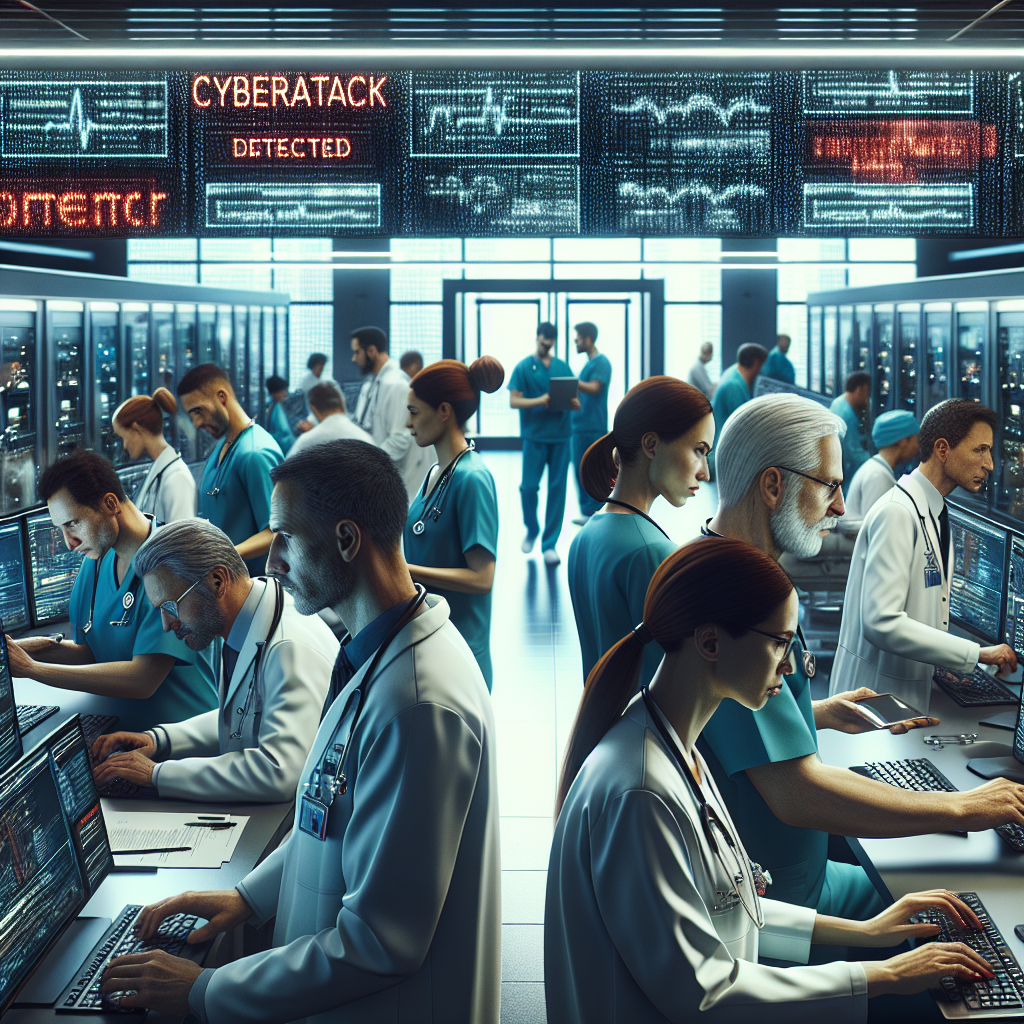Title: Safeguarding Healthcare Data: The Growing Threat of Cyberattacks
In the past year, a staggering 84% of healthcare organizations have reported experiencing cyberattacks. This alarming statistic sheds light on the increasing vulnerability of the healthcare industry to malicious cyber activities. As technology continues to advance, so do the tactics employed by cybercriminals, making it imperative for healthcare organizations to prioritize cybersecurity measures.
The healthcare sector holds a wealth of sensitive information, from patient medical records to financial data. This makes it a prime target for cybercriminals seeking to exploit vulnerabilities for financial gain or to cause disruption. With the rise of telemedicine and digital health platforms, the attack surface has expanded, presenting new challenges for cybersecurity professionals.
One of the most common types of cyberattacks targeting healthcare organizations is ransomware. These malicious programs encrypt data and demand a ransom for its release. In some cases, sensitive patient information is exposed or permanently lost, leading to costly repercussions for both the organization and the individuals affected.
Moreover, phishing attacks remain a prevalent threat in the healthcare industry. Cybercriminals use deceptive emails or messages to trick employees into revealing confidential information or downloading malware. With the increasing sophistication of these attacks, even well-trained staff can inadvertently fall victim to such schemes.
To combat these growing threats, healthcare organizations must invest in robust cybersecurity measures. This includes implementing encryption protocols to protect sensitive data, regularly updating software to patch vulnerabilities, and conducting comprehensive employee training on cybersecurity best practices. Additionally, organizations should consider partnering with cybersecurity experts to perform regular security audits and assessments to identify and address potential risks proactively.
Furthermore, the adoption of artificial intelligence (AI) and machine learning technologies can enhance cybersecurity efforts by detecting anomalies and potential threats in real-time. These advanced technologies can analyze vast amounts of data to identify patterns indicative of malicious activities, enabling organizations to respond swiftly and effectively to mitigate risks.
In conclusion, the rise in cyberattacks targeting healthcare organizations underscores the critical importance of prioritizing cybersecurity in the industry. By staying vigilant, investing in advanced security measures, and fostering a culture of cybersecurity awareness, healthcare organizations can strengthen their defenses against evolving cyber threats. As technology continues to transform the healthcare landscape, safeguarding sensitive data must remain a top priority to ensure the trust and safety of patients and the integrity of the healthcare system as a whole.

